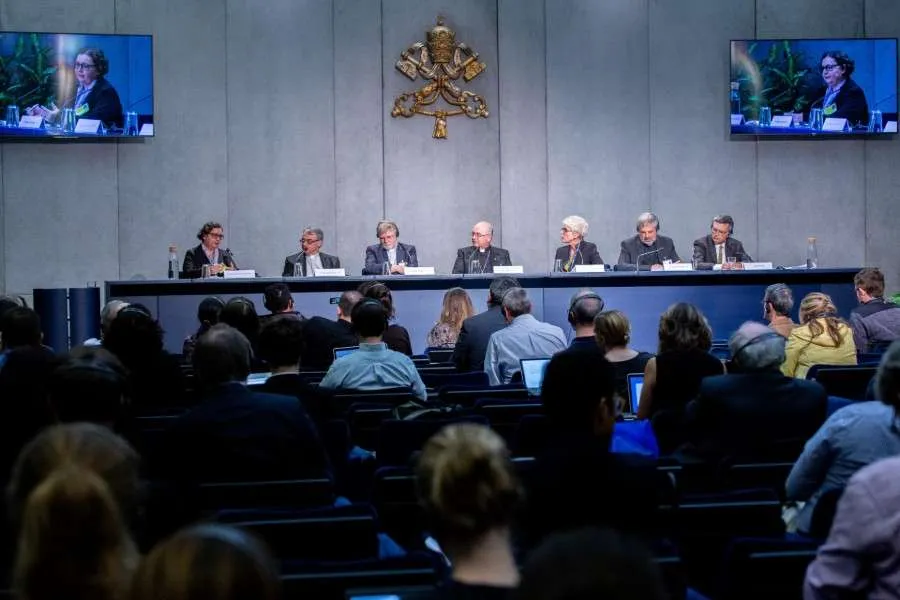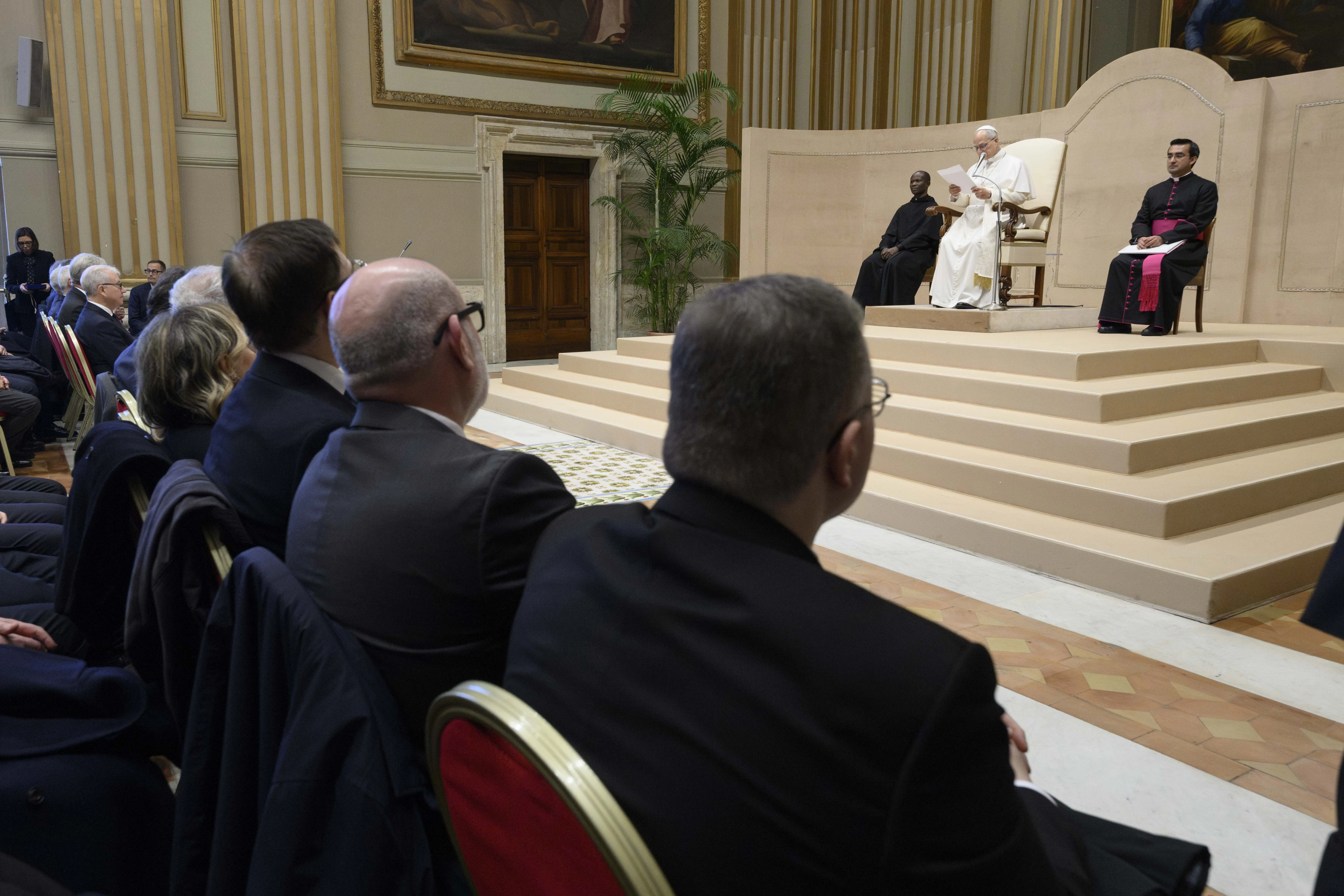Shortly before the synod opened, Cardinal Marc Ouellet, prefect of the Congregation for Bishops, published a book entitled “Friends of the Bridegroom: For a Renewed Vision of Priestly Celibacy,” and Cardinal Robert Sarah, head of the Congregation for Divine Worship made several public interventions in favor of celibacy.
The synod’s final document explicitly linked the proposal to ministry in “the most remote areas of the Amazon,” but recognized that several of the synodal participants “were in favor of a more universal approach to the subject.”
Presenting the document at a press conference on Saturday evening, Cardinal Michael Czerny, special secretary of the synod, said some members felt that proposing to change the discipline of clerical celibacy should be reserved to the universal Church.
“Other felt that the existing norms of canon law... allow us to consider this within the context of a specific region,” said Czerny who also serves as under-secretary of the Migrants and Refugees Section of the Dicastery for Promoting Integral Human Development.
Cardinal Osward Gracias, Archbishop of Bombay and a close advisor of the pope, said in an interview on Saturday that he was in favor of the proposal, in as much as it represented a merely disciplinary change.
(Story continues below)
“I think that the present canon law…says its an impediment if you have a wife to receive orders, but it is an impediment that can be dispensed by the Holy See – and it has been dispensed. But I think there should be very clear criteria, conditions put [on the proposal],” Gracias said, referencing how the Church had worked to incorporate married former Anglican ministers who had been ordained as Catholic priests.
The synodal document also called for new and enhanced ministerial roles for women in the life of the Church in the region.
Noting that “the Magisterium of the Church since the Second Vatican Council has highlighted the central place that women occupy in the Church,” the document called for the Church to “recognize and promote [the leadership of women] by strengthening their participation in pastoral councils of parishes and dioceses, or even in instances of government.”
The bishops also recognized that in the Amazon “the majority of Catholic communities are led by women,” and asked “for the institution of a ministry for ‘women’s leadership of the community’ to be created and recognized within the service of the changing demands of evangelization and community care.”
The bishops also noted that “in a large number of these consultations, the permanent diaconate for women was requested.”
“For this reason the theme was important during the synod,” the bishops wrote, but noted that Pope Francis had already created a commission to examine the question and so requested that they be given the chance to feed into that process.
In his speech to the closing session of the synod on Saturday, Pope Francis said that he would consider reconstituting the commission, which he established in 2016 under the auspices of the Congregation for the Doctrine of the Faith, to examine the historical role of female deacons and expand the commission to include new members.
Earlier this year, the pope addressed the issue directly, noting that “the formulas of female deacons’ ‘ordination’ found until now, according to the commission, are not the same for the ordination of a male deacon and are more similar to what today would be the abbatial blessing of an abbess.”
In its own right, the final synodal document has no teaching or binding authority of its own. Synods are merely consultative assemblies, convened by the pope or a bishop, to advise on some particular topic. Typically after a meeting of the Synod of Bishops in Rome, the pope issues a post synodal apostolic exhortation.
In his remarks in the synod hall on Saturday, Francis said that he hoped to issue an exhortation before the end of the year, time permitting.
During the press conference on Saturday, Paulo Ruffini, prefect of the Vatican Dicastery for Communications confirmed that the pope hoped to issue an exhortation “within a relatively short period of time.”







